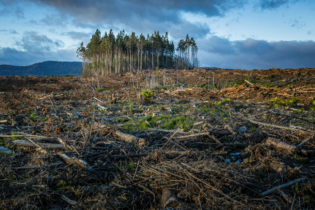Building sustainable climate-smart ocean economies to sustain the livelihoods of millions of people to the Blue Economy is a key priority for African governments. At the same time, it remains a challenging new area with needs for capacity, technology and innovation, finance, knowledge and lasting transformational partnerships.
To that end, the World Bank Group, in collaboration with the Republic of Mauritius, is organising the African Ministerial Conference on Ocean Economies and Climate Change, from 1 to 3 September. The conference will bring together African countries, development partners, the private sector, scientists, thought leaders, civil society, academia, media and communities whose everyday lives depend on healthy oceans. The conference will create a platform for engagement about what it takes to harness the full potential of the blue economy in a changing climate, and is expected to help participants strategise priorities regarding the ocean economy, based on potential benefits, technical and economic feasibility, and environmental sustainability. The outcomes of the conference will feed into future events on oceans and climate change, including those such as at the United Nations Framework Convention on Climate Change COP22 in Marrakesh, Morocco in November 2016. “The changing climate itself must be factored into the ocean economy development plans, using scenarios and relying on best practice from around the world,” said Benoit Bosquet, Practice Manager for Environment and Natural Resources at The World Bank.
Roughly one third of West Africa’s population lives on the coast, where the oceans are drivers for growth and prosperity.
Oceans provide jobs, food security and remain an important source of leisure and spiritual value. Yet, oceans – a tremendous resource for Africa when used in a sustainable way – are currently under threat. One of the biggest challenges to coastal and marine systems is climate change, which is already affecting many countries in Africa especially the poor.
“African oceans, coasts and seas are vital to the development and prosperity of the continent,” said Jamal Saghir, Senior Regional Adviser at the World Bank and Co-Chair of the African Ministerial Conference on Oceans Economies and Climate Change.
“The international community needs to become more aware of their importance in the context of climate action, in particular climate adaptation.”







